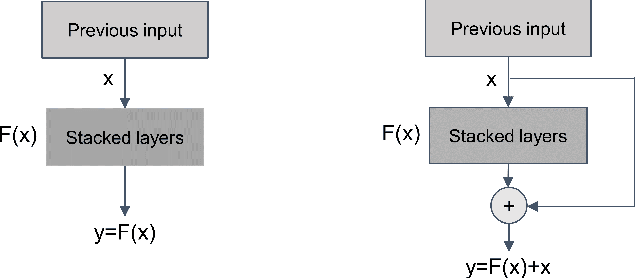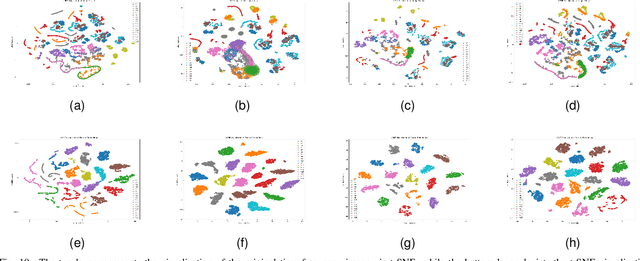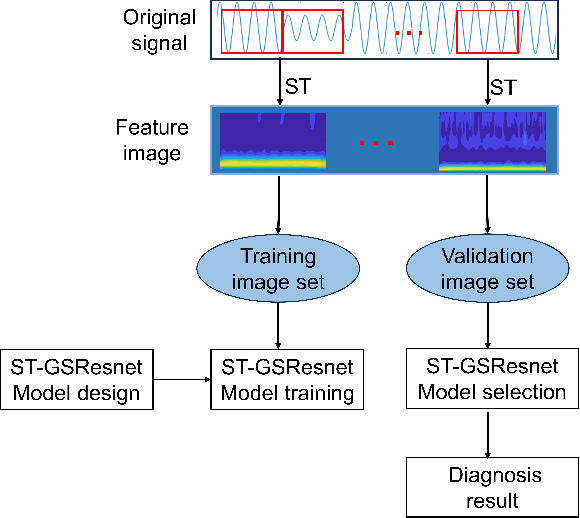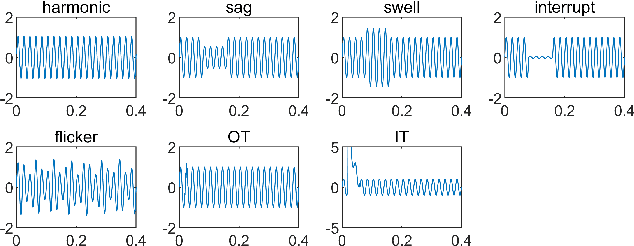Classification of Power Quality Disturbances Using Resnet with Channel Attention Mechanism
Paper and Code
Jul 02, 2024



The detection and classification of power quality disturbances (PQDs) carries significant importance for power systems. In response to this imperative, numerous intelligent diagnostic methods have been developed. However, existing identification methods usually concentrate on single-type signals or on complex signals with two types, rendering them susceptible to noisy labels and environmental effects. This study proposes a novel method for the classification of PQDs, termed ST-GSResNet, which utilizes the S-Transform and an improved residual neural network (ResNet) with a channel attention mechanism. The ST-GSResNet approach initially uses the S-Transform to transform a time-series signal into a 2D time-frequency image for feature enhancement. Then, an improved ResNet model is introduced, which employs grouped convolution instead of the traditional convolution operation. This improvement aims to facilitate learning with a block-diagonal structured sparsity on the channel dimension, the highly-correlated filters are learned in a more structured way in the networks with filter groups. By reducing the number of parameters in the network in this significant manner, the model becomes less prone to overfitting. Furthermore, the SE module concentrates on primary components, which enhances the model's robustness in recognition and immunity to noise. Experimental results demonstrate that, compared to existing deep learning models, our approach has advantages in computational efficiency and classification accuracy.
 Add to Chrome
Add to Chrome Add to Firefox
Add to Firefox Add to Edge
Add to Edge